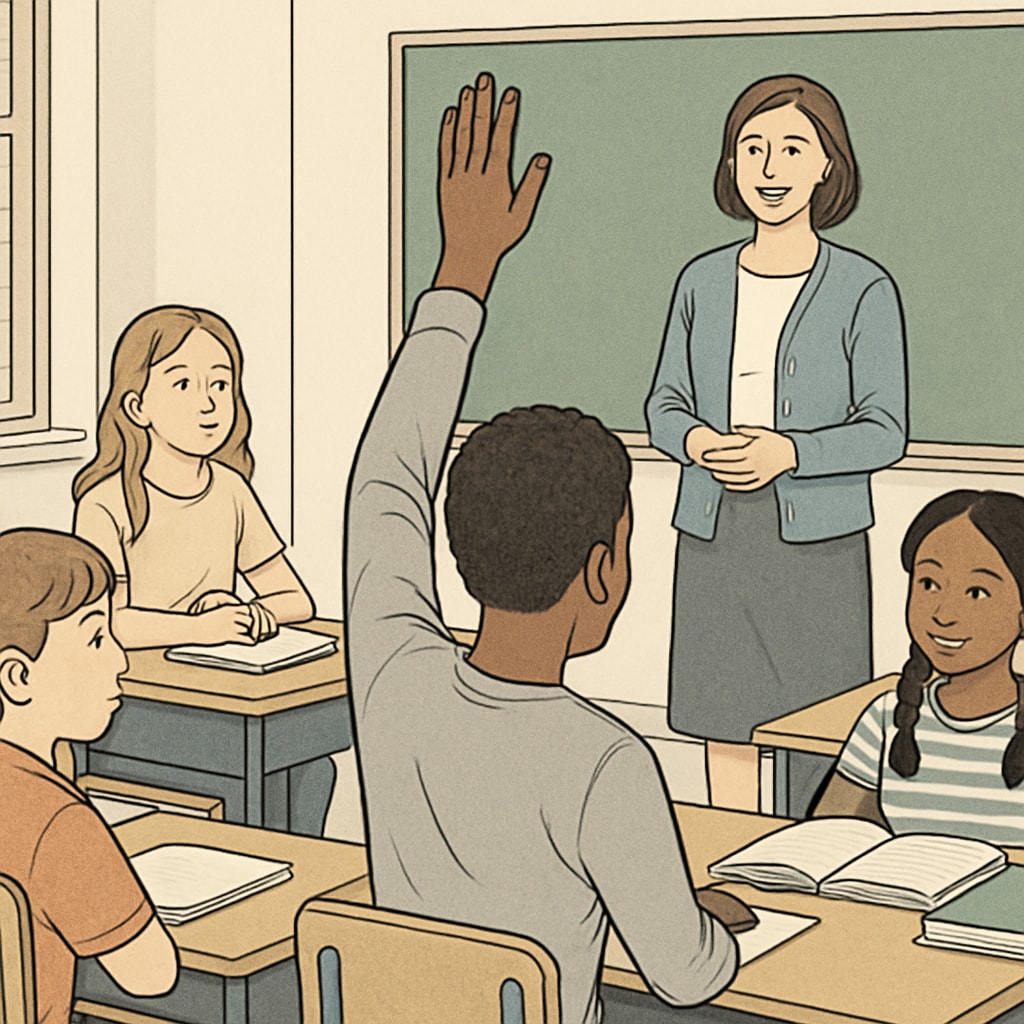In the world of advanced placement (AP) courses, where academic rigor and fairness are paramount, instances of teacher misconduct can have profound consequences. This article delves into a concerning case involving AP Physics C, exam errors, grading disputes, and teacher misconduct. It sheds light on the obstacles students face when challenging educational inequities and reveals the systemic shortcomings that compromise both student development and the integrity of the academic system.
Unpacking Teacher Misconduct in AP Physics C
AP Physics C is widely regarded as one of the most challenging courses in the K12 education system. Students invest significant effort to master the curriculum, which combines physics and calculus concepts. However, what happens when the teacher, entrusted with guiding them, fails to uphold professional standards? Instances of teacher misconduct, ranging from exam errors to biased grading practices, can jeopardize students’ academic outcomes and future prospects.
For example, certain cases have reported teachers failing to provide accurate test keys, misgrading exams, or even penalizing students for errors the teacher themselves introduced. Such behaviors erode trust in the education system and place undue stress on students. In some instances, students have voiced concerns about favoritism or inconsistent enforcement of rules, which further exacerbates the issue.
The consequences of these actions extend beyond the classroom. Students preparing for college admissions often rely on their AP scores to strengthen their applications. A single unfair grade can undermine years of hard work and dedication. As a result, students are compelled to navigate challenging and opaque academic appeal processes to have their voices heard.

The Academic Appeal Process: A Flawed System
When students encounter discrepancies in their grades, they are often encouraged to use the academic appeal system. In theory, this process is designed to ensure fairness and accountability. In practice, however, it can be riddled with obstacles.
Students may be required to submit formal complaints backed by extensive evidence, which can be difficult to obtain without access to grading rubrics or test keys. Moreover, the power dynamics between teachers and students often discourage individuals from speaking out. Fear of retaliation, such as harsher grading in the future, is a significant deterrent.
Even when students muster the courage to file an appeal, decisions are typically made by school administrators who may prioritize maintaining relationships with staff over addressing student concerns. This creates a power imbalance and often leaves students feeling unheard.
For example, one student reported spending weeks gathering evidence to support their claim of a grading error, only to have their appeal dismissed without a detailed explanation. Such experiences highlight the lack of transparency and accountability within the system.

Reforms Needed for Fair and Accountable Education
The systemic flaws in addressing teacher misconduct and grading disputes raise important questions about the values underpinning our education system. If fairness and accountability are to remain central, reforms are urgently needed. Here are several potential solutions:
- Independent Review Boards: Establishing impartial committees to handle grade disputes can reduce conflicts of interest and power imbalances.
- Transparent Grading Policies: Requiring teachers to share rubrics and feedback with students can help reduce misunderstandings and errors.
- Whistleblower Protections: Providing safeguards for students who report misconduct can encourage more individuals to come forward without fear of retaliation.
- Regular Teacher Evaluations: Introducing periodic reviews of teaching practices by both students and peers can help identify and address issues early.
In addition to these systemic changes, fostering a culture of mutual respect and open communication is essential. Teachers should be encouraged to engage in professional development programs that emphasize fairness, empathy, and accountability. At the same time, students should be empowered to advocate for their rights without fear of reprisal.
As the education system evolves, it is critical to ensure that the principles of equity and justice are upheld. Only by addressing these challenges head-on can we create learning environments where every student has the opportunity to thrive.
Readability guidance: This article uses short paragraphs, lists to summarize key points, and transitions to improve the flow. Overly complex sentences and passive constructions have been minimized to enhance clarity.


